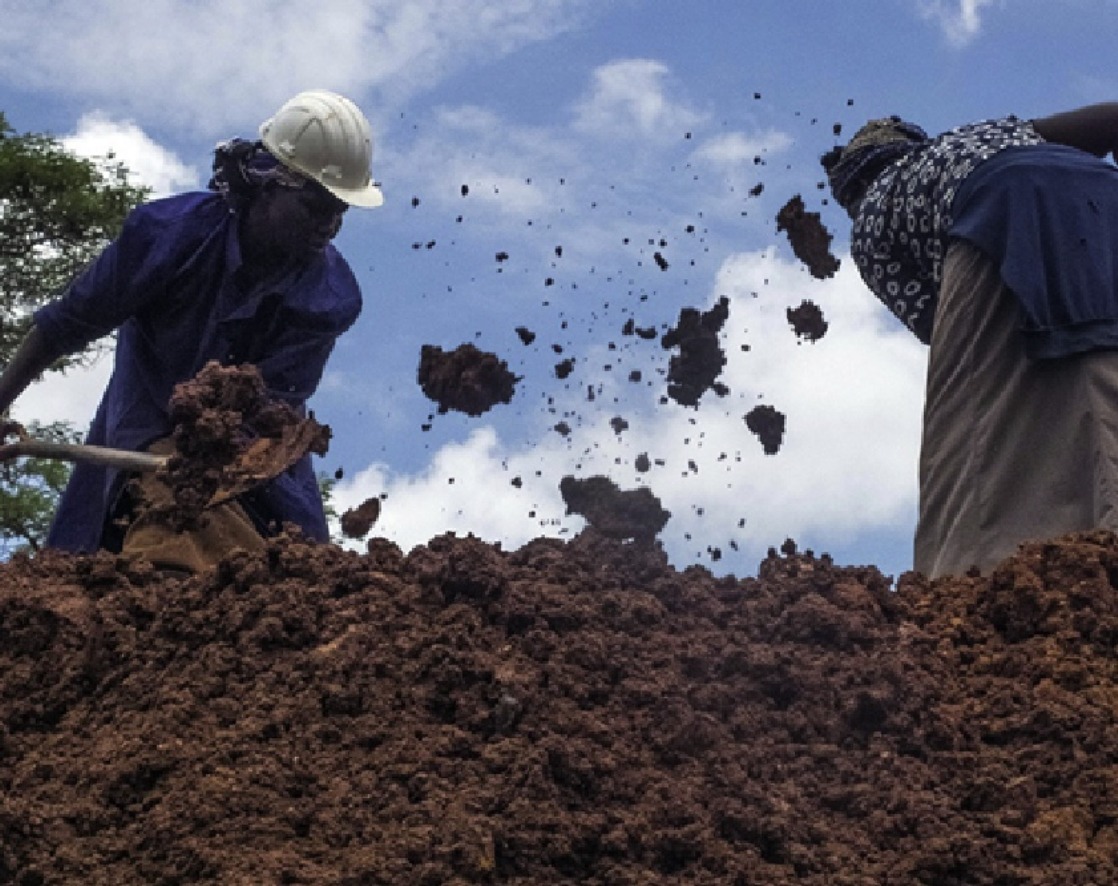Elsevier, Journal of World Business, Volume 53, January 2018
We investigate the influence of FDI in land in agriculture in developing countries, a phenomenon also known as land grabbing, on host country food security, and suggest a differential impact depending on the investor's country of origin. FDI in land by developed-country investors positively influence food security by expanding land used for crop production because of home institutional pressure for human rights respect and responsible farmland conduct, in addition to positive spillovers.
Elsevier, World Development, Volume 101, January 2018
This paper presents a new demographic profile of extreme and moderate poverty, defined as those living on less than $1.90 and between $1.90 and $3.10 per day in 2013, based on household survey data from 89 developing countries. The face of poverty is primarily rural and young; 80% of the extreme poor and 75% of the moderate poor live in rural areas. Over 45% of the extreme poor are children younger than 15 years old, and nearly 60% of the extreme poor live in households with three or more children.
Elsevier, Political Geography, Volume 62, January 2018
After a long-term decline in the frequency and lethality of famines, 2017 has witnessed resurgent international concern over the issue. This paper examines the trends in famine over the last 150 years, with particular attention to the fusion of famine with forcible mass starvation. It identifies four main historic periods of famines, namely: the zenith of European colonialism; the extended World War; post-colonial totalitarianism; and post-Cold War humanitarian emergencies; and asks whether we may be entering a fifth period in which famines return in new guises.
Elsevier, World Development, Volume 101, January 2018
As a key issue in recent international climate summits, the Green Climate Fund (GCF) is confronted with the problem of insufficient financing. This paper intends to explore several schemes for raising the public finance of the GCF among developed countries. Lessons from three main ongoing international financing mechanisms have been drawn, including the United Nations (UN) membership dues, Official Development Assistance (ODA), and the Global Environment Facility (GEF). The indexes that reflect historical emission responsibility (HR) and ability to pay (AP) are also used to share the burden.
Elsevier, Marine Policy, Volume 87, January 2018
This study was conducted to investigate how the legal framework governing the Bangladeshi fishery sector can be reformed through measures such as governance reform, increasing coordination between administrative bodies and educating key stakeholders, including fishermen. In doing so, this paper evaluates how Bangladeshi fishery laws can facilitate sustainable development and improved environmental outcomes for coastal and marine living resources.
Elsevier, Extractive Industries and Society, Volume 5, January 2018
This article examines how Fairtrade is transforming artisanal and small-scale gold mining. Focusing on the ‘Extending Fairtrade Gold to Africa’ project in Kenya, Uganda and Tanzania, it demonstrates how Fairtrade is becoming embedded within local formalization contexts and organizational dynamics. The Project is at an early stage; therefore, findings consider emerging issues. By probing what solidarities at a distance imply for gold mining, the article elaborates on how artisanal and small-scale miner organisations are developing to produce gold for Fairtrade markets.
Elsevier, Maturitas, Volume 107, January 2018
Objectives Gender identity disorder is defined as a strong and persistent cross-gender identification that is associated with a remarkable uneasiness of living in an incongruent gender (gender dysphoria). We performed a retrospective study on the hormonal and metabolic effects of cross-sex hormone therapy (CSHT) in a small cohort of transgender patients. Study design Retrospective study. Mean outcome measures Hormonal and biochemical parameters at baseline (i.e.
Elsevier, Global Environmental Change, Volume 48, January 2018
Food retailers and manufacturers are increasingly committing to address agricultural sustainability issues in their supply chains. In place of using established eco-certifications, many companies define their own supply chain sustainability standards. Scholars remain divided on whether we should expect such company-led programs to affect change. We use a major food retailer as a critical case to evaluate the effectiveness of a company-led supply chain standard in improving environmental farm management practices.
Elsevier, Journal of Ethnopharmacology, Volume 210, 10 January 2018
Ethnopharmacological relevance In the Peruvian Amazon, the use of medicinal plants is a common practice. However, there is few documented information about the practical aspects of their use and few scientific validation. The starting point for this work was a set of interviews of people living in rural communities from the Peruvian Amazon about their uses of plants. Protozoan diseases are a public health issue in the Amazonian communities, who partly cope with it by using traditional remedies.
Elsevier, Political Geography, Volume 62, January 2018
After a long-term decline in the frequency and lethality of famines, 2017 has witnessed resurgent international concern over the issue. This paper examines the trends in famine over the last 150 years, with particular attention to the fusion of famine with forcible mass starvation. It identifies four main historic periods of famines, namely: the zenith of European colonialism; the extended World War; post-colonial totalitarianism; and post-Cold War humanitarian emergencies; and asks whether we may be entering a fifth period in which famines return in new guises.

